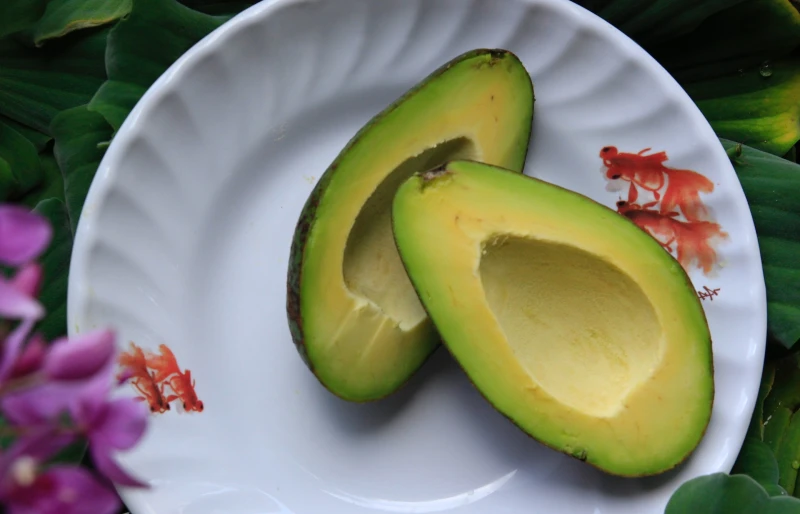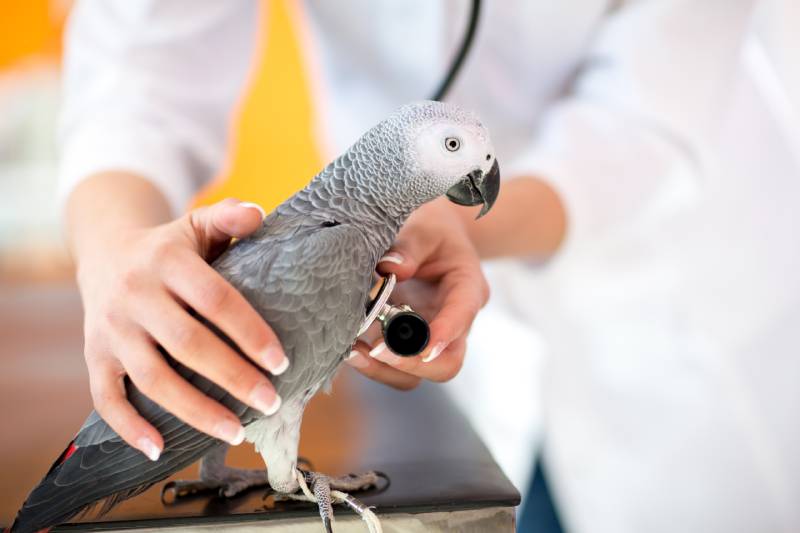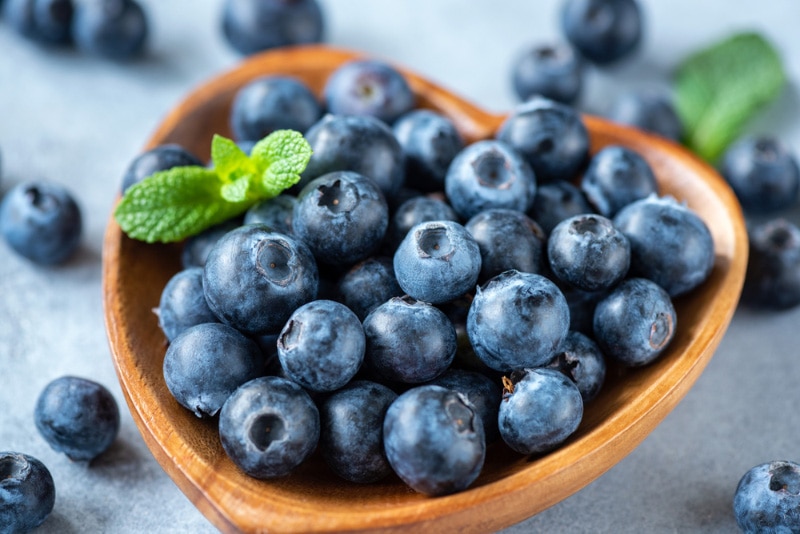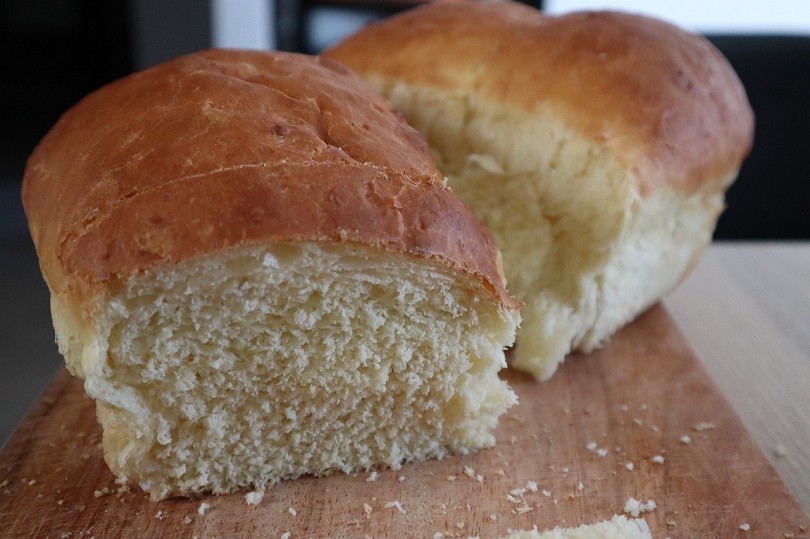Can Parrots Eat Avocado? Vet Approved Facts & Nutrition Guide
By Brooke Bundy
Updated on

Click to Skip Ahead
If your parrot squawks for guac, you might be tempted to give them a bite of avocado. After all, parrots and avocados originate from the same part of the world, and avocado is technically a fruit, so it must be safe, right? Well, no. Unfortunately, avocados contain persin, a naturally occurring anti-fungal agent that’s toxic to all known pet birds, including parrots. Persin helps the plant overcome fungal invasions, but poisons birds. All parts of the avocado plant contain persin, from the leaves to the fruit and pit. You’ll want to keep all parts of this umami fruit away from your pet bird, including any avocado plants you might grow on your patio.
Why Is Avocado Toxic to Parrots?
Persin is the culprit behind avocado’s toxicity. This antifungal compound is extremely dangerous to parrots and the skin, pit and flesh are all toxic. It is also found in the bark and leaves of avocado trees. Signs of persin toxicity include:
- Weakness and depression
- Ruffled feathers
- Reluctance to perch
- Respiratory distress
Unfortunately, once respiratory signs become apparent the toxicity is quickly fatal.
What to Do If Your Parrot Eats Avocado
If you know that your parrot has eaten avocado, don’t wait and see if it shows signs. Instead, take them to the nearest avian emergency vet immediately for treatment. Signs of avocado poisoning can begin to show in as little as 15–30 minutes. If your parrot is showing signs of poisoning, the toxin has already begun to cause damage, and your bird is on limited time without medical attention.
Conversely, if your bird presents any signs of toxicity, you should also take them to the vet, regardless of whether you saw them ingest the fruit or not.

Is Avocado Toxic to All Pet Birds?
Even though avocados are safe (and even a source of healthy fat) for humans, avocados are toxic to all birds. As pet birds have low body weights, it only takes a tiny amount of avocado to have deadly consequences. Even 2 grams of avocado has been known to be fatal to birds like canaries.
If you care for animals, make sure you store all parts of the avocado away from them. From the plant to the peel, avocados are extremely dangerous to all pet birds.
What Foods Are Safe to Give to Parrots?
Human foods aren’t always doom and gloom to parrots. Birds love feasting on berries in the wild, and they can also enjoy fruit out of your refrigerator in moderation. Strawberries, blackberries, and blueberries are all healthy choices. Just make sure to thoroughly wash them before feeding them to your parrot. Birds are sensitive to the pesticides that may be lurking on commercially produced fruit, so buy organic if you can.
You should also monitor your pet any time you give them a new snack to see how well it is tolerated. You shouldn’t feed any more than 1 or 2 berries per day, but some parrots may require smaller portions, especially if they are a smaller species or experience an upset stomach afterwards.
Treats such as berries and fruits, along with veggies, seeds and nuts, should only make up 10–30% of your parrot’s diet. Pellets should make up the majority of their daily meals so that you can be sure they’re receiving the nutrition they need to thrive. Your avian veterinarian can help you formulate the right diet plan for your parrot which will depend on their species, health and age.

Conclusion
Avocados are highly toxic to parrots, so make sure that you grow and eat them away from your pet. When it’s time to toss the peel and pit, store them in a trash can with a secure lid, preferably outside. Take your parrot to the avian hospital immediately if you suspect they’ve eaten any part of the avocado fruit or plant, or if they exhibit any signs of persin toxicity. Unfortunately, avocado is no joke to our avian friends, and all birds will need immediate medical attention if they accidentally eat it.
Featured Image Credit: Anne, Pexels












